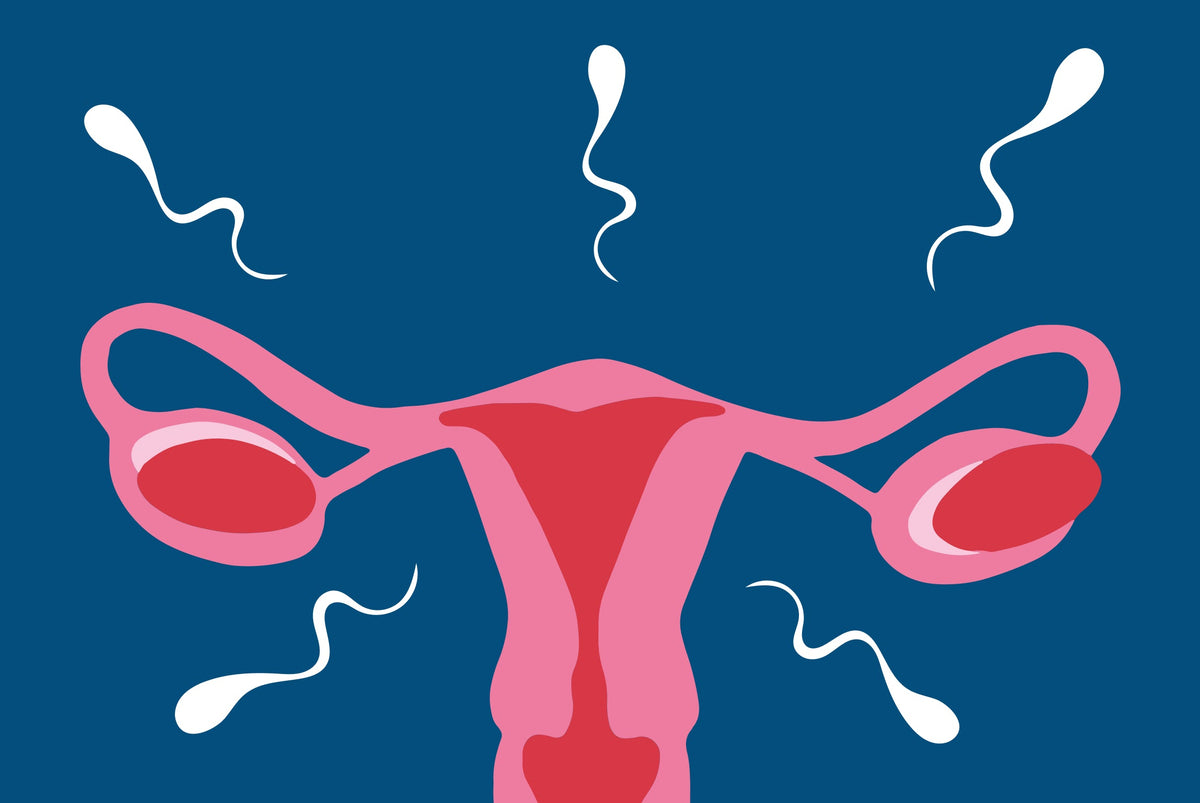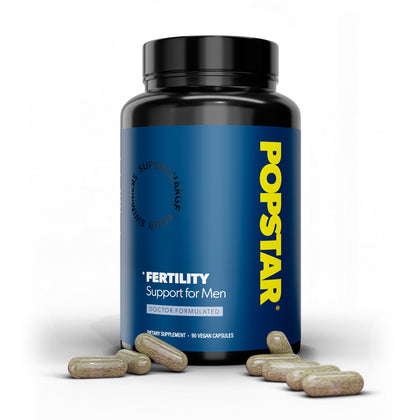

Endometriosis is a complex and often debilitating condition affecting millions of women worldwide. Beyond its painful symptoms and impact on daily life, endometriosis can also significantly affect fertility. In this article, we delve into the intricacies of endometriosis, its relationship with infertility, available treatment options, and how men can help support their partners.
Understanding Endometriosis
Endometriosis is a chronic condition in which tissue similar to the lining of the uterus grows outside the uterus, commonly on the ovaries, fallopian tubes, and other pelvic organs. This is the same tissue that grows and sheds itself every cycle during a woman's menstruation. Each month, this tissue responds to hormonal changes, thickening, breaking down, and bleeding. Unlike the lining of the uterus that sheds during menstruation, this displaced tissue has no way to exit the body, leading to inflammation, scarring, and adhesions.
Symptoms of Endometriosis
Symptoms of endometriosis can vary widely but often include pelvic pain, painful periods, pain during intercourse, excessive bleeding, and infertility. However, it's important to note that the severity of symptoms doesn't necessarily correlate with the extent of the condition.
Endometriosis and Infertility
While many women with endometriosis can conceive naturally, the condition is a significant factor in infertility. The exact mechanisms linking endometriosis to infertility are not fully understood, but several factors may contribute:
Distorted Pelvic Anatomy:
Endometrial implants can distort pelvic anatomy, affecting the function of reproductive organs such as the ovaries and fallopian tubes. This distortion can hinder the release of eggs, impair fertilization, or impede the passage of fertilized eggs into the uterus.
Inflammation and Scarring:
Chronic inflammation associated with endometriosis can lead to scar tissue (adhesions) forming in the pelvic cavity. These adhesions may interfere with the normal functioning of reproductive organs, disrupting ovulation, fertilization, and implantation.
Altered Immune Response:
Endometriosis is believed to be associated with immune system dysfunction, which may affect fertility. An abnormal immune response could potentially target embryos or interfere with implantation, contributing to infertility.
Hormonal Imbalance:
Endometriosis is influenced by hormonal fluctuations, particularly estrogen. Hormonal imbalances associated with the condition can disrupt the menstrual cycle, impairing ovulation and reducing the chances of conception.

Endometriosis Diagnosis and Treatment
Diagnosing endometriosis often involves a combination of medical history review, pelvic examination, imaging tests (such as ultrasound), and laparoscopic surgery for definitive diagnosis. Once diagnosed, treatment options aim to alleviate symptoms, manage the condition, and improve fertility outcomes.
Pain Management
Pain relief is a primary focus of endometriosis treatment. Over-the-counter pain relievers, hormonal medications (such as birth control pills), and nonsteroidal anti-inflammatory drugs (NSAIDs) can help alleviate symptoms.
Hormonal Therapy
Hormonal treatments, including birth control pills, progestin therapy, and gonadotropin-releasing hormone (GnRH) agonists, aim to suppress ovulation and reduce estrogen levels, thereby controlling endometriosis symptoms and potentially improving fertility.
Surgery
Surgery: Laparoscopic surgery, often called minimally invasive surgery, can remove endometrial implants, scar tissue, and adhesions. Surgical intervention may improve fertility outcomes, especially for women with severe endometriosis or structural abnormalities affecting reproductive organs.
Assisted Reproductive Technologies (ART)
For women struggling with infertility due to endometriosis, ART procedures such as in vitro fertilization (IVF) offer alternative paths to conception. IVF involves retrieving eggs from the ovaries, fertilizing them with sperm in a laboratory, and transferring the resulting embryos into the uterus.
Endometriosis presents significant challenges for women, affecting not only their quality of life but also their fertility. Understanding the complex interplay between endometriosis and infertility is crucial for effective management and treatment. With advancements in medical science and a multidisciplinary approach to care, women with endometriosis can find relief from symptoms and achieve their dreams of starting a family.





